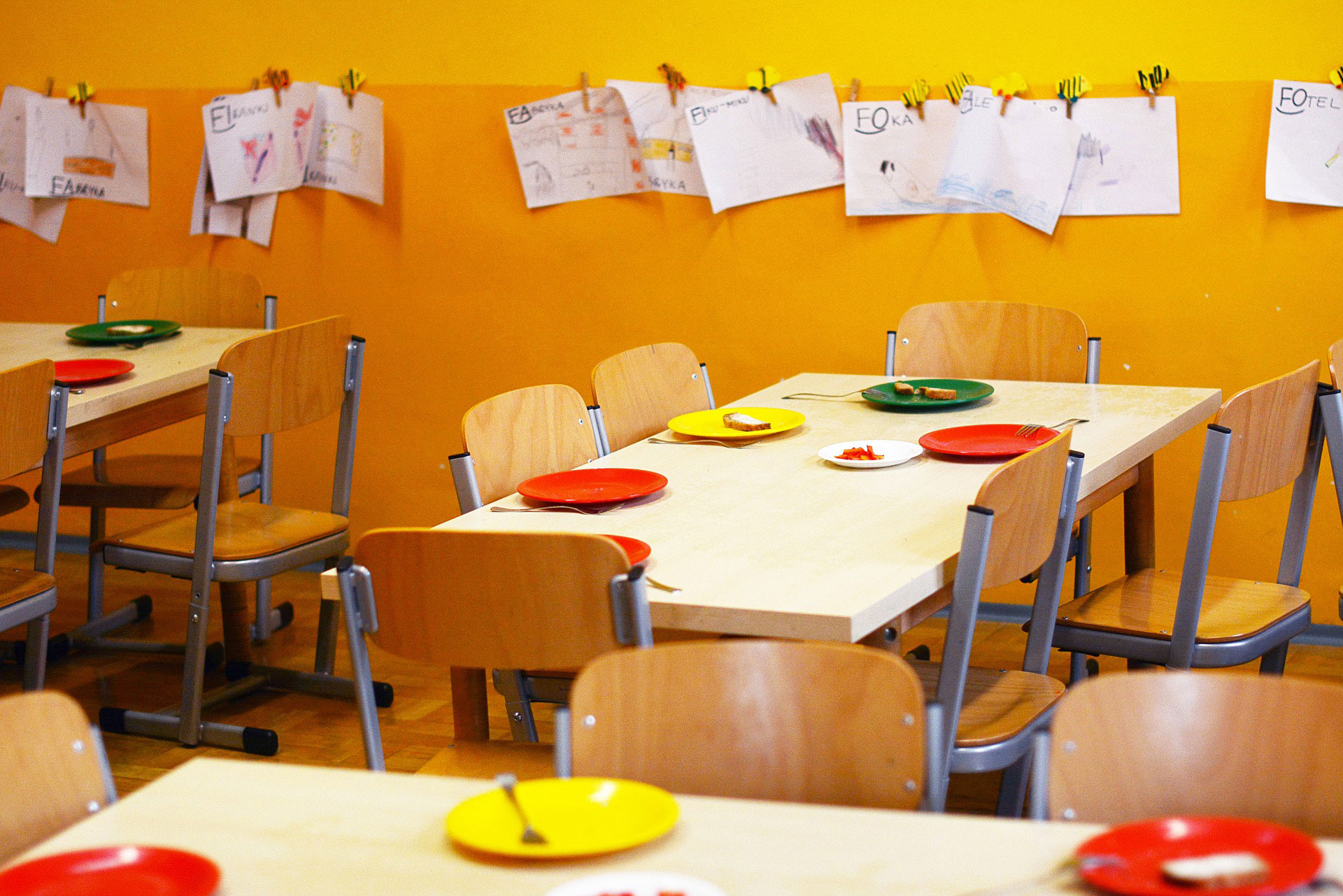When news broke that schools were closing, my first concern was food – learning came second
It’s also unclear if schools can be fully reimbursed for the costs that might build up from their efforts to keep kids fed while the voucher system fails, the report said. The time between school closures on March 20 and the voucher scheme saw schools forced to rush to the aid of hungry children, putting together food parcels to be collected from school and delivering meals to family homes while others provided supermarket vouchers off their own back to keep children fed. Schools dipped into their own funds to buy food for parcels and there were reports that teachers were buying essential food for pupils using their own bank cards.
“The government’s failure to properly ensure all pupils had sufficient food as soon as it closed schools means children have been going hungry,” said Kartik Raj, western Europe researcher at Human Rights Watch. “The Government should scrap its reliance on the flawed voucher system it has used to replace school meals in England and instead follow good practices being developed in other parts of the UK.
“The shocking levels of childhood hunger exposed by the Covid-19 crisis should prompt swift action by authorities across the UK to ensure that every child in the country has enough to eat every day, whether schools are open or not.”
Reliance on foodbanks has soared across the UK during the crisis – by up to 325 per cent, according to Investec – but schemes in Scotland, Wales and Northern Ireland have been more successful than the programme in England, researchers found. The cash transfers and coordinated food parcel systems have been reaching low-income families more effectively and, crucially, “in a more dignified manner” than the UK government’s voucher scheme.
The concern was immediate for teachers in disadvantaged areas when lockdown was on the horizon. “When news broke that schools were closing, my first concern was food – learning came second,” said Katie Barry, head teacher at St. George’s Church of England Community Primary School in Gainsborough, Lincolnshire. “It feels awful to say that, but we knew not having food would be the biggest issue for families.”
And in late April, Quarry Bank Primary School headteacher Alex Rawlings said the system didn’t work for families at their West Midlands school, saying: “I’ve ordered 300 vouchers successfully, but only about 50 have been received by families so far. The links the families get by email don’t work. Or worse, they get the vouchers and can’t use them at the supermarket.”
Schools in poorer areas in particular felt they had to use the voucher system as it was too much of a risk for them to take on extra costs, even though they could see the system failing many families.
Human Rights Watch said that supermarket food vouchers should only ever be a last resort over direct cash transfers and brought in for brief periods of time, bringing with them stigma and shame for those forced to rely on them.
Big Issue Changemaker Sabine Goodwin, coordinator of the Independent Food Aid Network, said that some foodbanks had been overwhelmed with requests from families unable to access the online voucher system. She said that the government should be “quick and responsive and move away from the voucher scheme in the long term”.
Earlier this month the Food Foundation found that 200,000 children had to skip meals during the crisis by the end of April, with nearly a third of children entitled to free school meals left without alternatives.
The government must urgently fix the problems in the voucher scheme but with a focus on bringing in a direct cash payment system the offers families and children “greater dignity”, the Human Rights Watch report said, as well as reassuring schools in England that they’ll be reimbursed for any costs incurred as they fight child hunger. Ministers must also abandon existing policy that removes access to free school meals from some children depending on their parents’ immigration status.
It’s also crucial that authorities across the UK follow Wales’ example after it was announced that food would be made available to Welsh children through the summer holidays, the report said – something that should become a permanent service.
A Department for Education spokesperson told HRW that “no system of this magnitude to provide free school meals has been implemented in such a short period of time before” and that authorities and the voucher company were working hard to cut waiting times and streamline the voucher ordering process.
The DfE has now confirmed that the free school meal vouchers will be covered by the Government over the May half-term break. More than 100,000 people have signed 16-year-old Christina Adane’s petition asking them to foot the bill.









